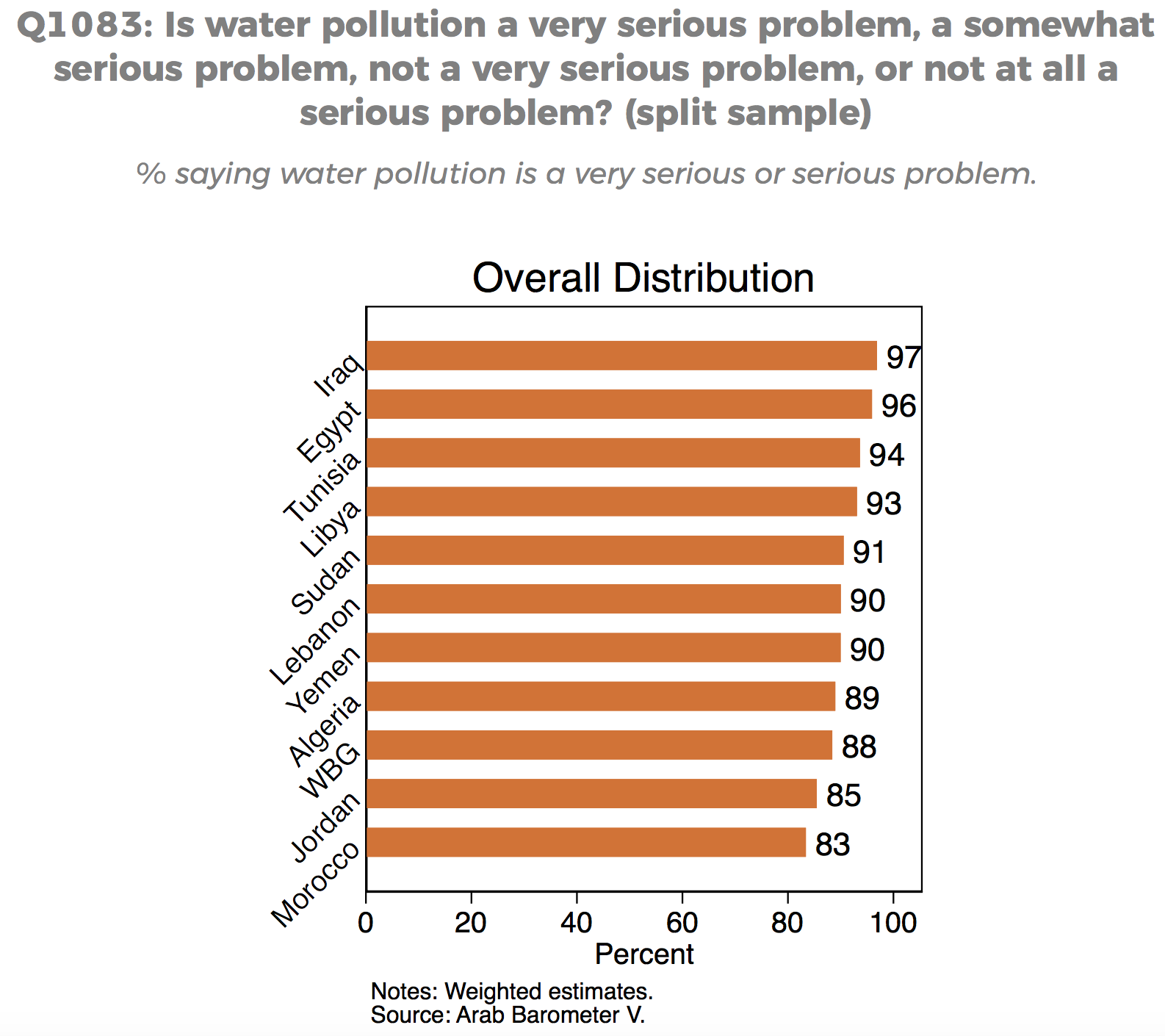While seemingly endless conflicts in the Middle East and North Africa are at the fore of Western media coverage, a less conspicuous but arguably as influential factor has played a pivotal role in stoking existing tensions, fomenting unrest, and destabilizing daily life. Water, and more specifically access to clean sources of water, shapes conflicts throughout the region. From Saudi-led blockades in Yemen that severely limit clean water access to bitter disputes between Egypt, Sudan, and Ethiopia over an ambitious hydropower dam, water both triggers and compounds hostilities. In fact, as noted by King and Burnell in their report on water weaponization, the very word “rivalry” stems from the Latin word rivalus which means “those who use the same stream as a source of water.”
Tensions created or fueled by access to limited natural resources are neither new nor unique to the Middle East and North Africa. Yet, now, the region is in a particularly fragile position as it is both the most water-scarce region in the world and also beset by humanitarian crises and armed conflicts. Though there is no consensus about the extent to which water stress exacerbates or causes conflicts, what remains abundantly clear is that water insecurity does contribute to instability. In addition to the historically familiar local factors, MENA is not immune to the global challenge of rising temperatures and droughts, which only further aggravate water scarcity in the region.
Evidence from Arab Barometer data is quite stark. The results indicate that for the Arab public, water issues are not simply a theoretical concern. The fifth wave of the Arab Barometer survey asks about four aspects of the environment – climate change, air quality, water pollution, and trash. Citizens across the 11 countries surveyed overwhelmingly cite significant concerns with water pollution. In Iraq and Egypt, nearly all respondents cite water pollution as a serious or very serious problem (97 percent and 96 percent), roughly nine-in-ten say the same in Libya (93 percent), Tunisia (94 percent), Sudan (91 percent), Yemen (90 percent), Lebanon (90 percent), and Algeria (89 percent). Rates of concern remain high in Palestine (88 percent), Jordan (85 percent), and Morocco (83 percent). Even in Lebanon, Tunisia, Palestine, and Libya, countries that have faced substantial waste management emergencies, concerns regarding water pollution are a close second to alarms about inadequate trash management.

Strength of concern among the Arab public also highlights water pollution as a worrisome issue. Over half of respondents in each of the 11 countries surveyed cite that water is a not just a concern, but rather a serious concern. Notably, citizens in every country surveyed are concerned with water pollution at higher rates than they are with climate change or air quality. This gap across equally vital and inextricably linked concerns underscores both the primacy of desire for clean water and public misconceptions about the interdependence of broader environmental issues.
Daniella Raz is a graduate student at the University of Michigan studying in the School of Information.


